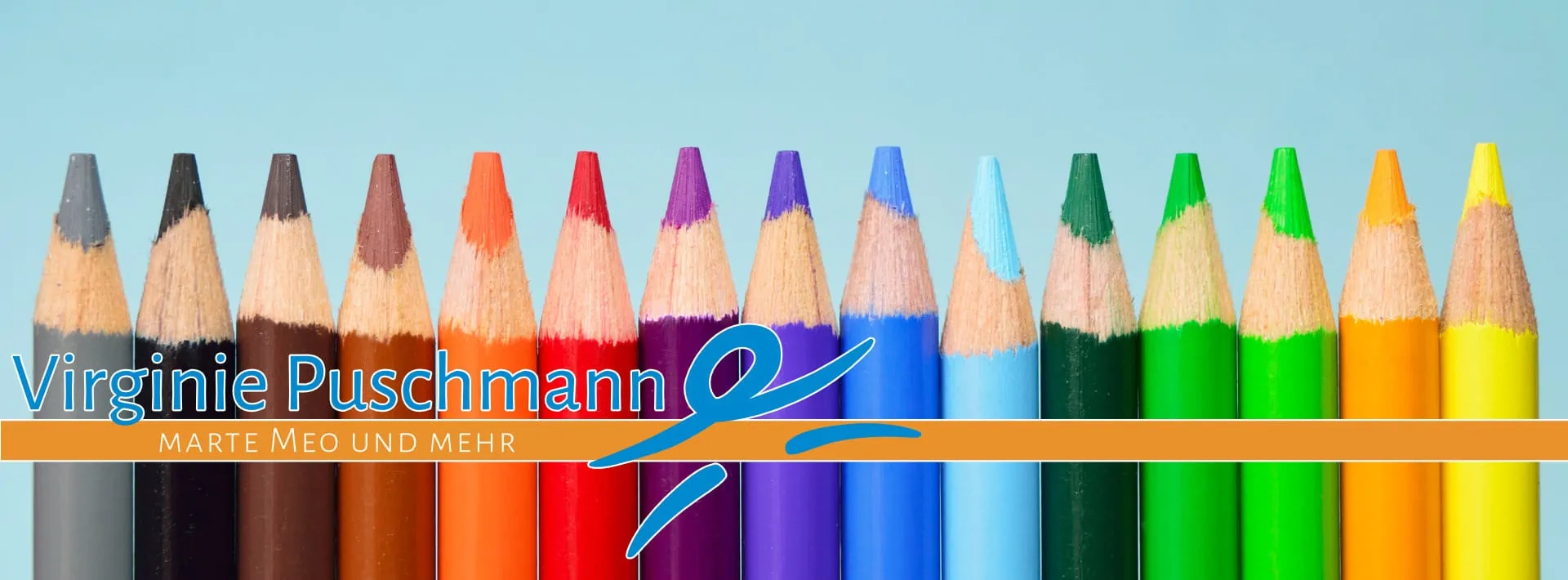
When can learning therapy support children and adolescents?
- When reading, writing, and/or arithmetic has become a torment. The student does not understand something and dare less and less.
- When all that has been learned is suddenly gone when working at school.
- If learning just doesn’t work, the grades get worse.
- When the homework is not done or degenerate into eternal war within the family.
- If the youth or children disturb or try to avoid the lessons.
- When the young people start to resign and develop ideas like: “Nothing will come of me anyway!”
- When the head, the belly hurts before class work.
When can learning therapy support children and adolescents?
Children and adolescents can suddenly fail at school for a variety of reasons:
- Switching to secondary schools with higher performance requirements
- Sudden changes such as the death of an important reference person, separation of parents, illness, relocation, and much more.
It is not uncommon for students and parents to be amazed when they discover what is crucial. It can also be a drop that overflows the barrel: a class change, a new teacher, the loss of a friendship. Often a creeping development can be observed: a child is a little slow or restless, it does not manage to automate certain thinking performances; the grades go down every year, the self-confidence the same and this with serious consequences: At some point the student believes something like:
“I’m not going to do that anyway, it’s not worth practicing, I’m just doof!”
Or he/she always finds new reasons to avoid school, the blame for the failure is sought by the others (teachers, classmates, parents, the circumstances…). Because if he wanted to, he could immediately… He just doesn’t like it now… School isn’t that important either…
What do students learn?
In practice, students learn:
- Improving your perception
- Increase the ability to concentrate
- Dealing with tasks in a targeted and planned manner
- Use clear and unambiguous terms
- Develop your own learning strategies
- Consciously controlling learning processes
This will increase their self-confidence in the long term, promote their social skills and general motivation to learn. The participation of parents and teachers has a very positive effect.
What is learning therapy made of?
Learning therapy is basically a therapeutic concept specially and individually designed for these students. Tests, methods used, duration and frequency of appointments as well as the focus of the therapy differ considerably from case to case. Reference persons are also involved in the work in different ways. Students should then be better able to cope with requirements independently, to fill professional gaps– to rediscover self-confidence and the joy of learning!
What approach and methods?
The methods used in practice are based, among other things, on the work of Prof. Dr. Reuven Feuerstein. It is based on the “learning potential” of each individual, and the new results of numerous research confirm many of his assumptions: our cognitive performance depends to a large extent on our “thinking tools” that enable us to understand our environment and make full use of our intelligence. These tools can be specifically modified and optimized for a lifetime!
In order to learn efficiently and purposefully, all people need the same basic “tools”:
- A differentiated perception (listen/see) an exact distinction between important and unimportant information
- A structured and planned approach
- The ability to break down complex tasks into small, manageable sub-steps
- A good handling of the available time
- An adequate orientation in space (even in abstract space)
Prof. Dr. Feuerstein summarizes these processes under the concept of the cognitive structure. The cognitive structure determines how we handle information. The more mental “tools” we have and the better they are coordinated, the more effectively we can search for and evaluate information. For more than 50 years, he has specialized in the promotion and development of the cognitive structure.
Prof. Dr. Feuerstein observed that the cause of poor cognitive structures can also be a lack of mediated learning experiences. Either because the mediators of knowledge and skills (parents, teachers, peers, etc.) had too little time, changed too often, or because they were uninterested or not up to the task.
If parents themselves are in crisis or psychologically stressed, this can also have a significant impact on their children’s learning behaviour! Prof. Dr. Feuerstein sees a close connection between psychological trauma, poor social conditions and deficits in cognitive structure. However, this applies only to a proportion of children and young people.
Imagination exercises, relaxation techniques, a systemic approach, a resource-oriented attitude, elements of gestalt therapy, tests specifically developed for reading, spelling, numeracy and support programmes are used depending on the case and focus of the therapy.